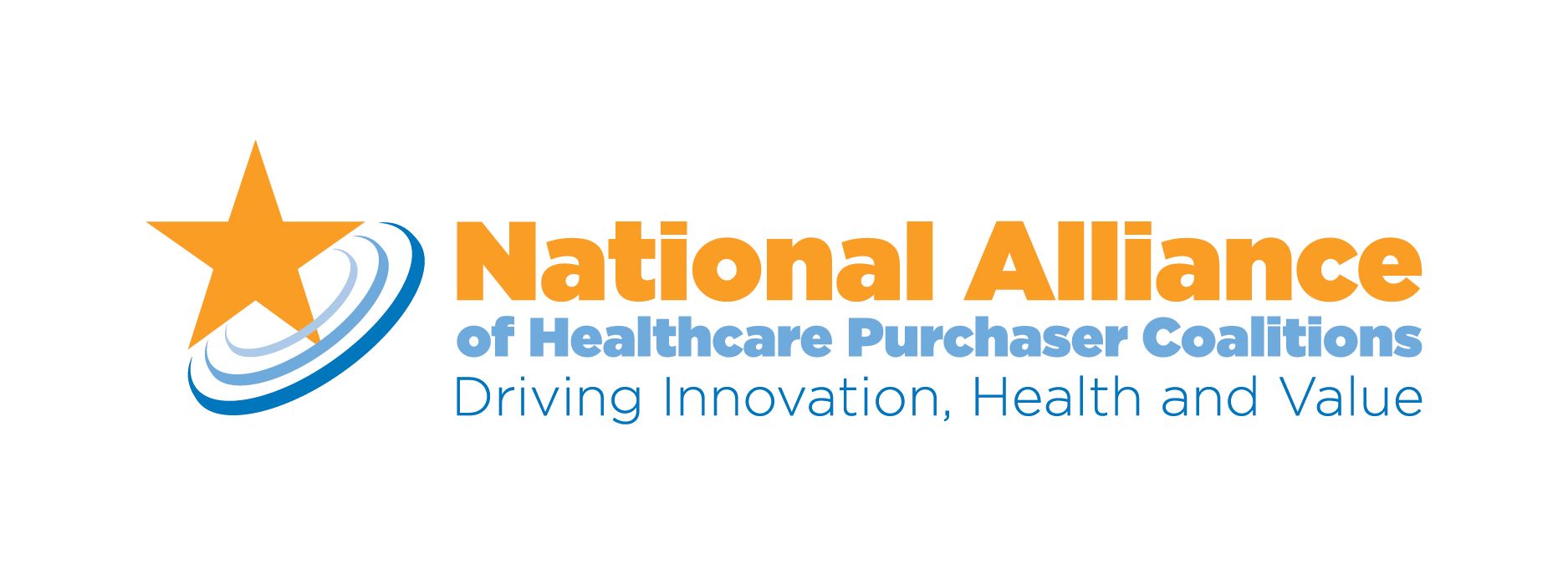
Dr Bruce Sherman Discusses Unintended Consequences of Co-pay Accumulator Programs

While co-pay accumulator programs may appear to save employers money, they may lead to medication nonadherence if a prescription becomes too expensive for a patient to fill, which could potentially result in higher expenditures, cautioned Bruce Sherman, MD, chief medical officer of the National Alliance of Healthcare Purchaser Coalitions.
While co-pay accumulator programs may appear to save employers money, they may lead to medication nonadherence if a prescription becomes too expensive for a patient to fill, which could potentially result in higher expenditures, cautioned Bruce Sherman, MD, chief medical officer of the National Alliance of Healthcare Purchaser Coalitions.
Transcript
What are the unintended consequences of co-pay accumulator programs?
Well, there are 3 effective, significant, unanticipated potential complications. The first is that the co-pay support that is provided now for the vast majority of specialty drugs by the pharmaceutical manufacturers is not equivalent to a year’s worth of pharmaceutical coverage; so, typically after about 3 or 4 months of coverage, the amount of payment, the threshold of payment is reached; the limit is reached. As a consequence, in maybe the third or fourth or fifth month of treatment, as patients are continuing to fill their prescriptions, they may go into the pharmacy and discover that, number 1, there is no money left on their co-pay assistance card, and number 2, because they haven’t yet met the deductible, they may get a substantial bill from the pharmacy, which may at that moment in time cause them to say, “I have a $2000 bill, I can’t afford to pick up this prescription,” so they may discontinue their medication.
The potential concern for medication discontinuation is that, of course, the disease control may not be as effective with nonspecialty medication treatment and as a consequence, those individuals at some point down the road may experience a worsening of their health condition, which could lead to the potential for increased use of medical care, which could potentially result in greater expenditure than the potential employer savings derived from implementation or introduction of these co-pay accumulator programs.
And finally, one other way that employers may find that co-pay accumulator adjustment program impact could be modified is with legislation that was introduced in June in Congress to allow for inclusion of medications and services for management of chronic diseases to be treated as a predeductible benefit, meaning that individuals would not have to reach their deductible before health plan benefits would provide support for payment for necessary services. So, there may actually be a legislative solution to this issue of co-pay accumulator adjustment programs that would ensure that people have reasonable access to care.
Newsletter
Stay ahead of policy, cost, and value—subscribe to AJMC for expert insights at the intersection of clinical care and health economics.









